Port Augusta celebrates 150 years of Education in the Josephite Tradition
June 8, 2021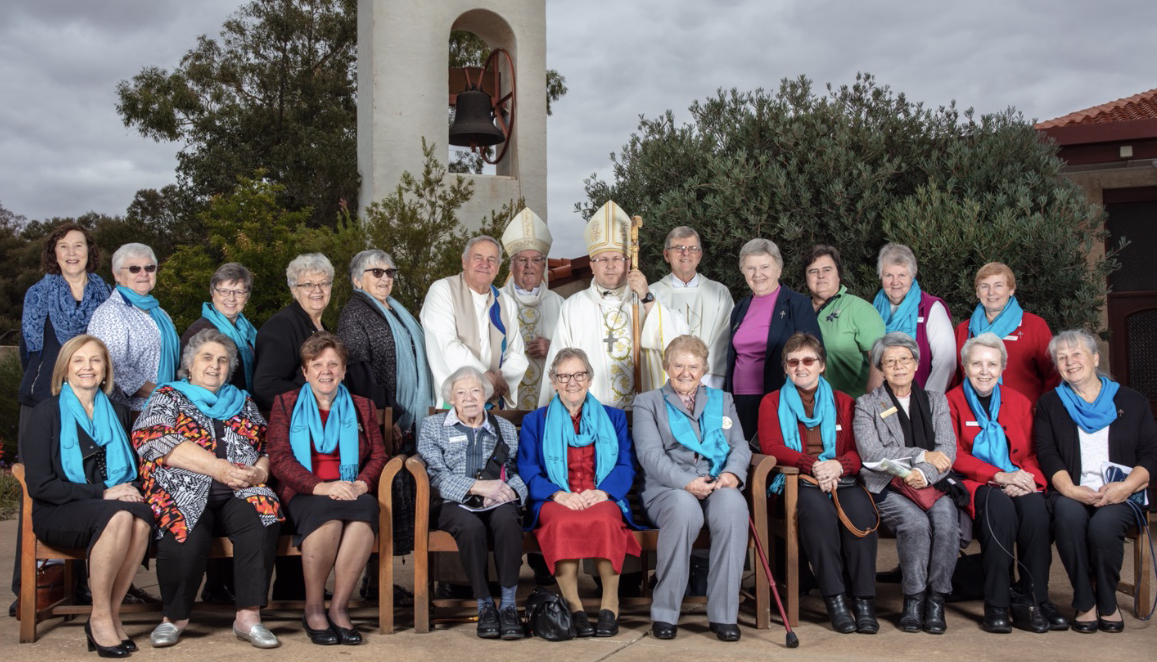
A steamer from Port Adelaide berthed at the Port Augusta wharf on Saturday 15 May 1871.
Among the passengers to disembark were three women, all dressed in the same brown garb.
The new arrivals were Sisters Mary of the Cross MacKillop, Angelica Greene and Angela Crugen.
Feast of the Sacred Heart 2021
June 7, 2021
Greetings as we celebrate the feast of the Sacred Heart.
This is a special feast day for the Sisters of Saint Joseph of the Sacred Heart which calls us to give expression to a spirituality of the heart. It was a feast important to both our founders Julian Tenison Woods and Mary MacKillop and still held dear in the hearts of the Sisters today.
During May 2021 I had the opportunity to hear Cardinal Tagle speak to Congregational Leaders of Religious Institutes from around the world. I found a deep resonance with his sharing on the culture of encounter referred to in Pope Francis’ encyclical Fratelli Tutti and our celebration of the feast of the Sacred Heart.
He began by referring to this passage from Exodus: I have witnessed to the affliction of my people. I have seen their misery, heard their pleas for help and I know their suffering. (Exodus 3:7)
To Love Like Mary MacKillop, Love the Poor
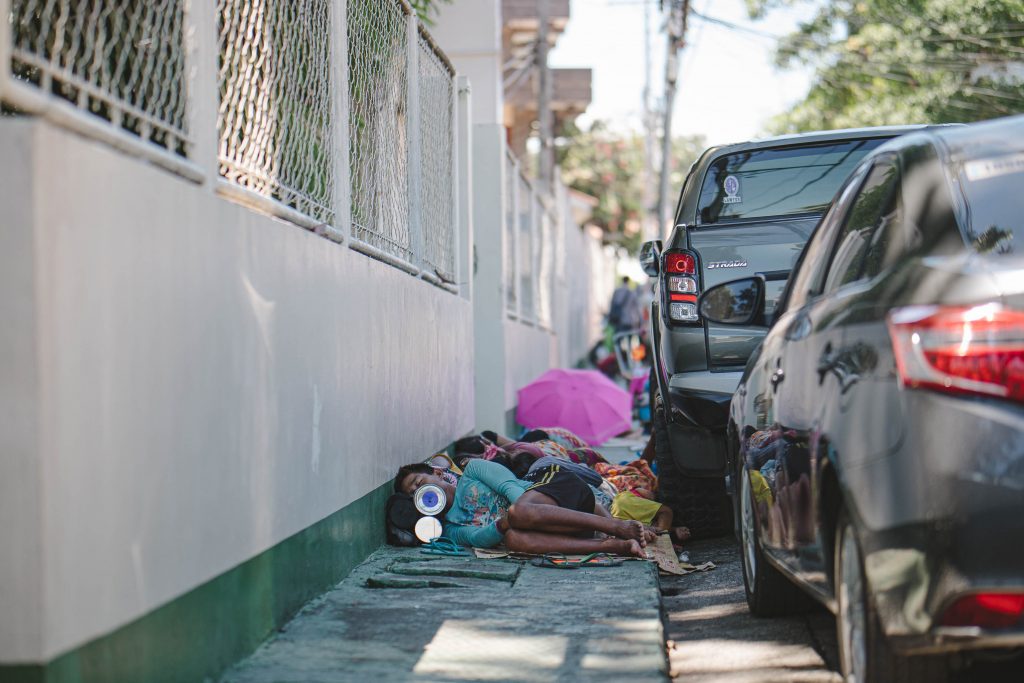
Mary MacKillop, a strong woman of deep compassion, had a real love for the poor. Her love of God led her to reach out to the most deprived and despised in the colony in her time. Joan Healy rsj wonderfully describes this phenomenon:
God’s Spirit wove the threads of her circumstances into a spiritual fabric resilient enough for her tumultuous times and ours. It is spirituality tough and tender, simple and practical, grounded and mystical. It led Mary to seek and serve God at the margins of Australian society, where poor people struggled in the remote outback and sordid slums of the rapidly growing cities.1
Mary’s greatest concern was for the marginalized in society. Her deep care led her and the early sisters to set up places for older women, especially those who were frail. She demonstrated support for young women recently released from prison by giving them shelter and set up an orphanage for the neglected children.
The Birth of St John, the Honey-Eater

My ageing parents helped raise two grandsons for a while. Whenever the boys were away, the signals for their return were the tyres of the car bringing them home rattling the cattle-grid outside our home, and my mother saying with a smile, “Here come the honey-eaters!”
Ahead of the Church’s feast day commemorating the birth of Saint John the Baptist, I am musing that his parents, Elizabeth and Zechariah, might just have bred a similar love of honey into their precious boy, God’s gift in their old age.
When reading of John in Matthew 3:4 and Mark 1:1-8 we find him living in the desert, surviving on wild honey, and preaching his love for God’s word from the strength of it.
Perhaps his parents might have said as they saw him leave home and take up his adult ministry, “There goes the honey-eater!”
As John’s sticky fingers possibly left childhood prints over his family home in Judah’s hill country, his prophetic spirit left its mark across a wide faith tradition.
His authentic preaching of God’s challenging, yet merciful word, his witness to truth and justice, his compassion for those marginalised by inequality and his resulting martyrdom ensured that. (Lk 3:10-14; Mk 6:14-29).
There is a beautiful connection the Jewish scriptures make between fidelity to the word of God and honey-eating.
The Compassion of Father Woods
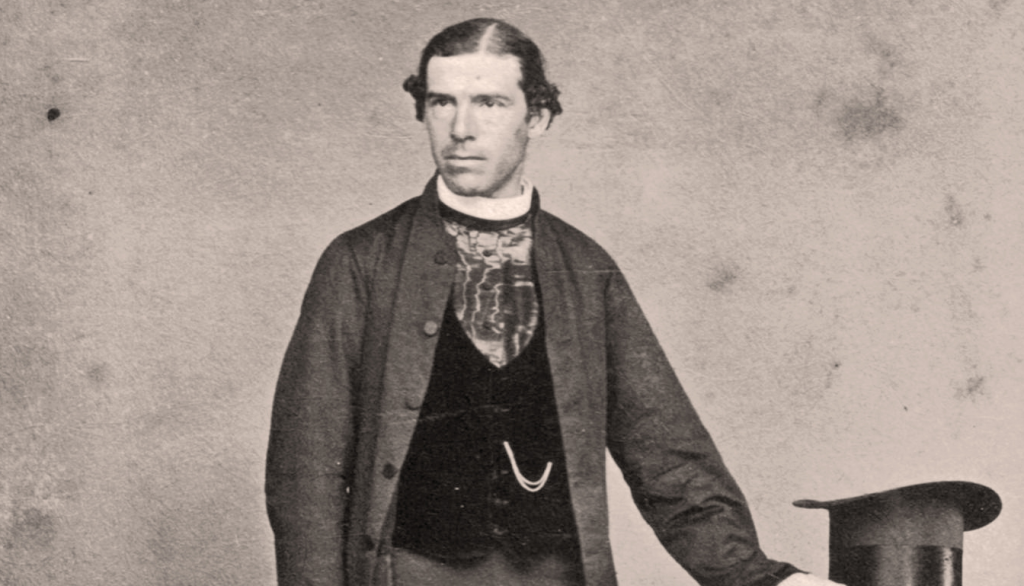
Perhaps because of the circumstances in which Julian Tenison Woods constantly found himself, he developed throughout his life a deep sense of compassion for those in need of any kind.
Losing his mother at an early age, his long road to priesthood and subsequent rejection by Bishops, his separation from the Sisters and his broken friendship with Mary MacKillop could have made him a rather bitter man.
Yet his own deep sense of God evoked in him a compassion towards those who lived on the edges of the society of the time — whether in remote rural areas, Indigenous peoples, or those who had not had opportunities for education whom he met as Parish Priest in Penola.
What Reconciliation Means To Me: Leith Bailey
June 3, 2021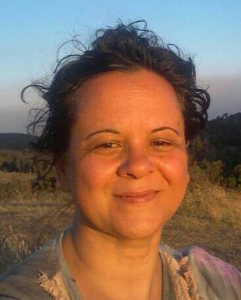
Leith Bailey is a personal carer for the Sisters of Saint Joseph at the South Perth Convent. She is also in her final year of a Bachelor of Counselling Degree at the University of Notre Dame.
I’ve lived in places like northeast Arnhem land, the Western desert areas. Mostly that was because I was living the Fly In, Fly Out mining life with my husband around 20 or 25 years ago. I would say my real love for the culture, for the different Indigenous cultures, began at that time.
In Northeast Arnhem Land, I learned about their incredibly complex system of kinship and family and language — the ways in which language and culture were expressed through song and art.
What Reconciliation Means To Me: Ruth Nelson
June 2, 2021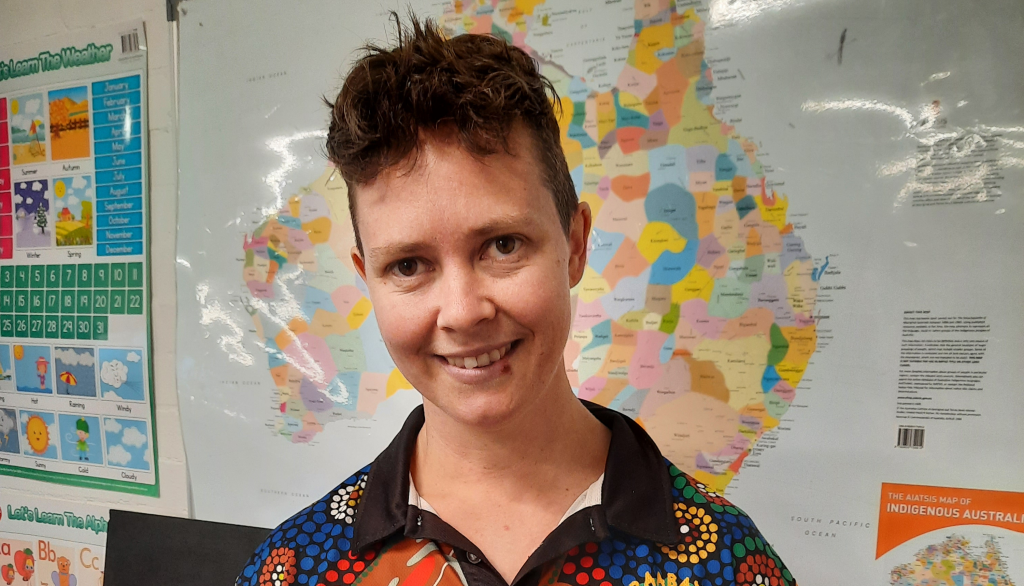
Ruth Nelson is a Western clinical psychologist employed at the Baabayn Aboriginal Corporation and has participated in Baabayn’s community life for about four years. She is also a member of the Josephite Justice Network.
In my job as a clinical psychologist at Baabayn, I draw a lot on liberation psychology which holds that there is no healing without justice.
Personal healing cannot be separated from systemic justice and the righting of wrongs. We need to systemically address policies and institutions that perpetuate racist behaviours and behaviours that oppress the First Nations people.
What Reconciliation Means To Me: Alma Cabassi rsj
June 1, 2021Alma Cabassi is a Sister of Saint Joseph currently living in Halls Creek, Western Australia. Her ministry for the last nine years has been living alongside our First Peoples, listening, reflecting and being with them.
My view is that the small contribution that I make is just one of the infinite number of steps in a very long and convoluted path to reconciliation.
